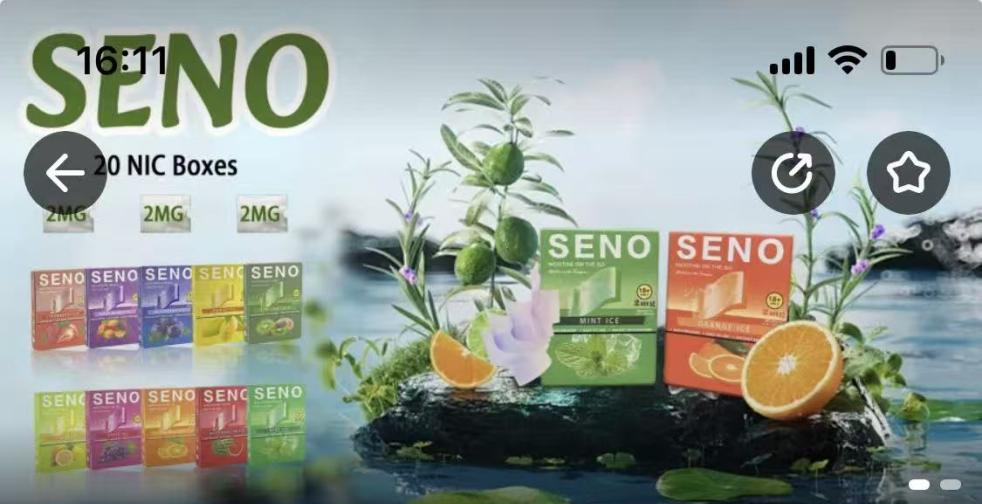In the quest for radiant, healthy skin, the importance of a good moisturizer cannot be overstated. With a plethora of products available on the market, each claiming to be the best, it can be overwhelming to determine which moisturizer is truly the healthiest for your skin. This article delves into the essential components of a healthy moisturizer, the science behind skin hydration, and how to tailor your choice to your specific skin type and concerns.
Understanding Skin Hydration
Before we explore what constitutes the healthiest moisturizer, it’s crucial to understand how skin hydration works. The skin barrier, primarily composed of lipids, plays a vital role in maintaining moisture levels. When this barrier is compromised, moisture escapes, leading to dryness, irritation, and premature aging. A healthy moisturizer acts as a protective layer, replenishing lost moisture and reinforcing the skin's natural barrier.
Key Ingredients to Look For
When selecting a moisturizer, the ingredient list is paramount. Here are some of the healthiest components to consider:
- Hyaluronic Acid: Known for its incredible ability to retain moisture, hyaluronic acid can hold up to 1,000 times its weight in water. This makes it an excellent choice for all skin types, especially for those with dehydrated skin.
- Glycerin: A powerful humectant, glycerin draws moisture from the environment into the skin. It is non-irritating and suitable for sensitive skin, making it a staple in many formulations.
- Ceramides: These lipid molecules are essential for restoring the skin barrier. Ceramides help retain moisture and protect against environmental aggressors, making them ideal for dry and sensitive skin types.
- Natural Oils: Ingredients like jojoba oil, argan oil, and squalane provide nourishment and hydration while mimicking the skin's natural oils. They are particularly beneficial for dry and combination skin types.
- Antioxidants: Ingredients such as vitamin C, vitamin E, and green tea extract help combat oxidative stress and protect the skin from free radical damage. This is crucial for maintaining youthful, healthy skin.
- Aloe Vera: Known for its soothing properties, aloe vera is an excellent addition for those with sensitive or irritated skin. It hydrates while providing anti-inflammatory benefits.
Avoiding Harmful Additives
While it’s essential to know what to include in your moisturizer, it’s equally important to be aware of what to avoid. Here are some common harmful additives that can compromise skin health:
- Parabens: Often used as preservatives, parabens can disrupt hormonal balance and have been linked to various health concerns.
- Fragrance: Synthetic fragrances can cause irritation and allergic reactions, particularly for sensitive skin types. Opt for fragrance-free or naturally scented products.
- Alcohol: While some alcohols can be beneficial, drying alcohols (like ethanol) can strip the skin of its natural oils, leading to increased dryness and irritation.
Tailoring Your Moisturizer to Your Skin Type
Understanding your skin type is crucial in selecting the healthiest moisturizer. Here’s a breakdown of how to choose based on your specific needs:
- Oily Skin: Look for lightweight, oil-free moisturizers containing gel formulations with hyaluronic acid and glycerin. These will hydrate without adding excess oil.
- Dry Skin: Opt for richer creams that contain ceramides, natural oils, and occlusives like shea butter to lock in moisture and provide lasting hydration.
- Combination Skin: A balanced moisturizer that hydrates without being too heavy is ideal. Look for products that contain both humectants and emollients.
- Sensitive Skin: Choose fragrance-free, hypoallergenic moisturizers with soothing ingredients like aloe vera and chamomile to minimize irritation.
Conclusion: The Path to Healthier Skin
Choosing the healthiest moisturizer is not merely about picking a product off the shelf; it requires understanding your skin's unique needs and the ingredients that will best support its health. By focusing on scientifically-backed components and avoiding harmful additives, you can ensure that your moisturizer not only hydrates but also nourishes and protects your skin.







